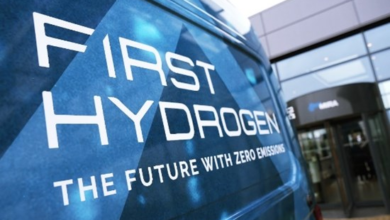Brazil establishes H2 Brasil to promote its hydrogen economy
H2 Brasil will foster a green hydrogen economy and open opportunities for Brazil to participate in the global hydrogen market.

The Brazilian Ministry of Mines and Energy (MME) has established a technical cooperation project, H2 Brasil, aiming to promote the Brazilian green hydrogen economy nationally and internationally.
MME participated in an assessment mission for the developing of H2 Brasil between May 3 and 14 with Deutsche Gesellschaft für Internationale Zusammenarbeit GmbH (GIZ).
The H2 Brasil aims to enhance the implementation of a Brazilian hydrogen program, leading to subsidies for energy planning and regulation. It will also promote innovation and supporting pilot projects on an industrial scale. Moreover, H2 Brasil will also promote vocational training and higher education to spread knowledge about hydrogen.
GIZ is a German company working in the field of international cooperation for sustainable development at a global level. GIZ will support Brazilian partners in the project implementation and expects that H2 Brasil will be the largest cooperation project in the Latin American hydrogen market.
Representatives from more than 30 public institutions, private sector entities, associations, state governments and civil society were interviewed during the assessment to discuss and evaluate the viability of the H2 Brasil project. The final workshop was held on 14th May, which was attended by potential partners and the Brazilian Cooperation Agency (ABC). It is expected that the resources for the project will be available from August 2021, lasting for around two years.
Meanwhile, MME also announced this week that it would start the study to prepare the guidelines of the National Hydrogen Program, taking into account the development of the hydrogen market in Brazil and inclusion as one of the priority themes for investments in research and innovation. The study should be carried out within 60 days, together with the ministries of Science, Technology and Innovations (MCTI) and Regional Development (MDR), and technical support from the Energy Research Company (EPE). The potential of hydrogen must be considered, which, combined with other solutions, becomes a relevant energy vector for a low carbon matrix.
